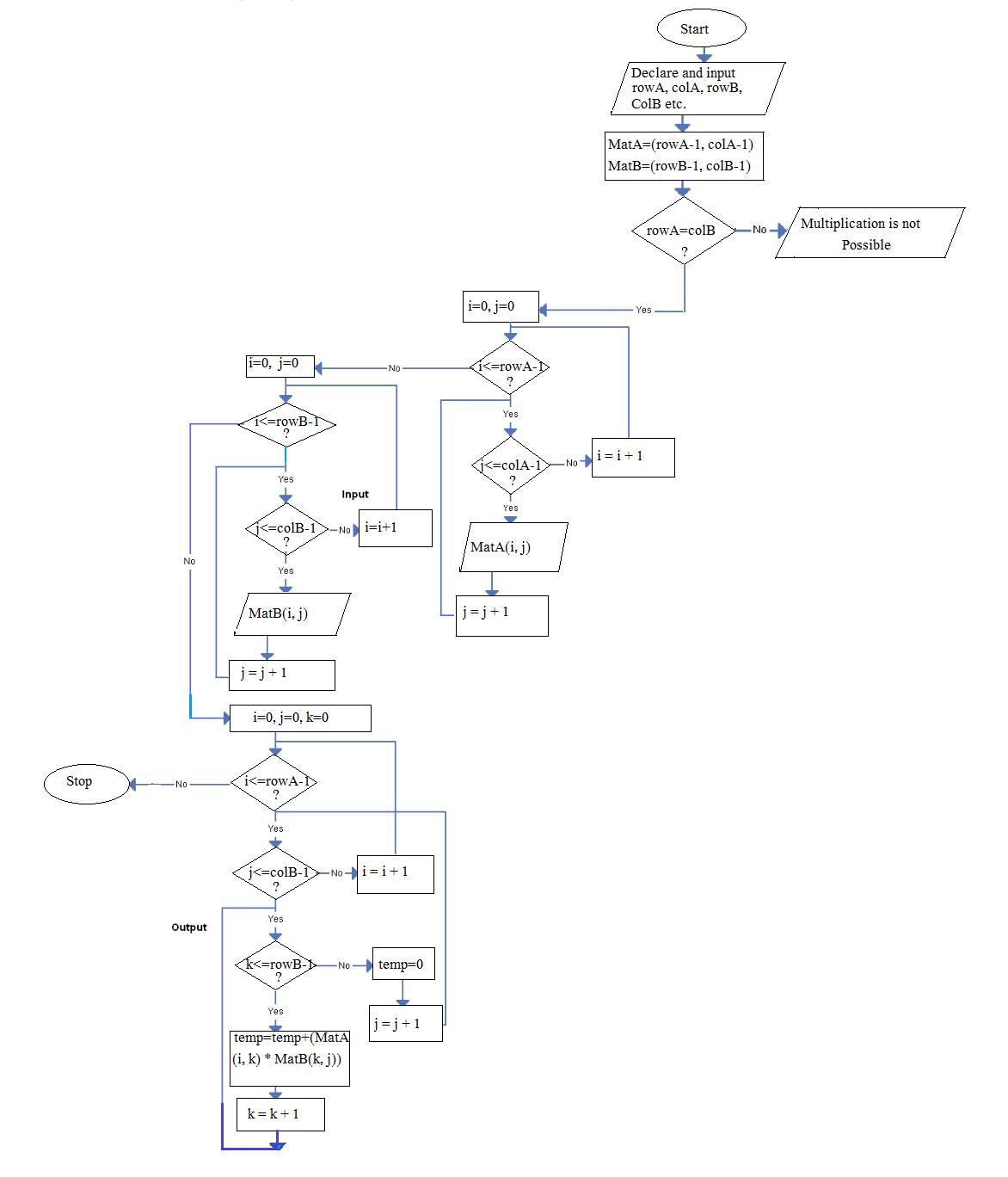C Program For Matrix Addition Using Malloc
C - allocating a matrix in a function. Above you will find a program that I have made with functions. Much better way to use malloc function and create dynamically. C Dynamic Memory Allocation. Example #1: Using C malloc() and free() Write a C program to find sum of n elements entered by user. To perform this program.


Dynamic memory management refers to manual memory management. This allows you to obtain more memory when required and release it when not necessary. Although C inherently does not have any technique to allocate memory dynamically, there are 4 defined under for dynamic memory allocation. Function Use of Function Allocates requested size of bytes and returns a pointer first byte of allocated space Allocates space for an array elements, initializes to zero and then returns a pointer to memory deallocate the previously allocated space Change the size of previously allocated space C malloc() The name malloc stands for 'memory allocation'. The function malloc() reserves a block of memory of specified size and return a of type void which can be casted into pointer of any form. Event Plaza Lasergamen Rijswijk. Syntax of malloc() ptr = (cast-type*) malloc(byte-size).
Just compute the total amount of memory needed for both nrows row-pointers, and the actual data, add it all up, and do a single call: int **array = malloc(nrows * sizeof *array + (nrows * (ncolumns * sizeof **array)); If you think this looks too complex, you can split it up and make it a bit self-documenting by naming the different terms of the size expression: int **array; /* Declare this first so we can use it with sizeof. Hp Color Laserjet Cm2320nf Mfp Driver Windows 7. */ const size_t row_pointers_bytes = nrows * sizeof *array; const size_t row_elements_bytes = ncolumns * sizeof **array; array = malloc(row_pointers_bytes + nrows * row_elements_bytes); You then need to go through and initialize the row pointers so that each row's pointer points at the first element for that particular row: size_t i; int * const data = array + nrows; for(i = 0; i.